Seoul Incheon Airport Ranks Top 3 Globally for International Passengers, ACI Reports

Seoul Incheon International Airport has officially returned to pre-pandemic strength, climbing to 3rd place in the global rankings for international passenger traffic in 2024. This milestone highlights its critical role in the recovery and transformation of global air travel, despite ongoing geopolitical and economic uncertainty.
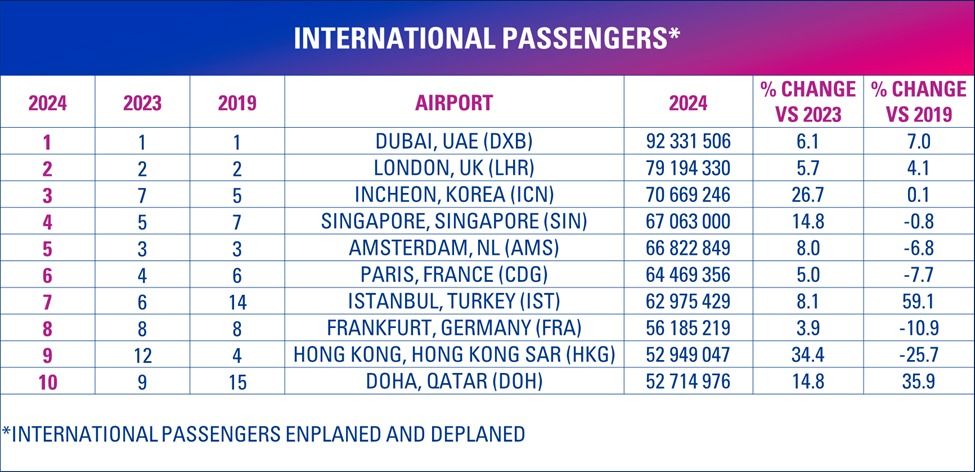
According to preliminary data released by Airports Council International (ACI) World on April 14, 2025, Incheon handled over 70.66 million international passengers in 2024—a 26.7% year-on-year surge and just 0.1% shy of its 2019 level. This performance lifted the airport from 7th to 3rd place globally, behind only Dubai International Airport (92.33 million) and London Heathrow (79.19 million). Singapore Changi, Amsterdam Schiphol, and Paris Charles de Gaulle followed closely behind.
ACI praised Incheon’s success as a result of expanded international routes, rebounding travel demand, and improved airport operations. The organization described it as a “global hub with a unique blend of connectivity and service excellence.”
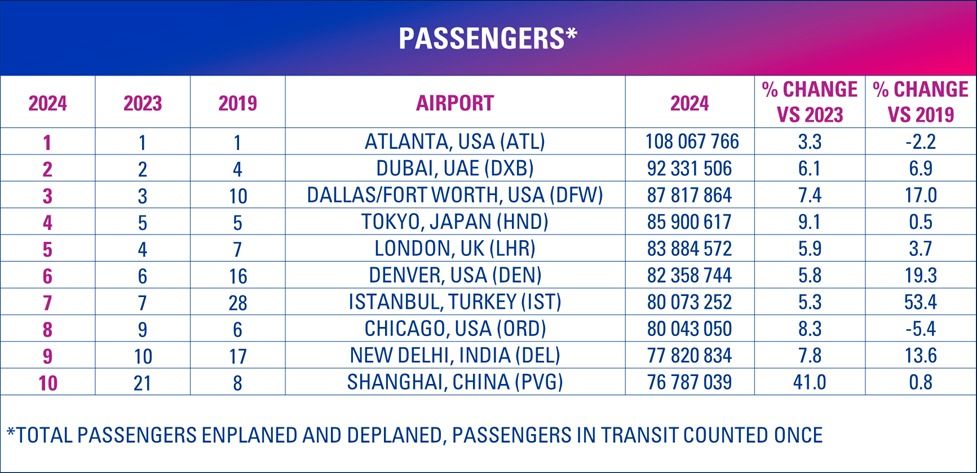
Looking beyond international figures, ACI reported that worldwide airport traffic reached approximately 9.5 billion passengers in 2024, a 9% increase from the previous year and a 3.8% growth over pre-COVID 2019 levels. The top 10 busiest airports—led by Atlanta Hartsfield-Jackson, Dubai, and Dallas-Fort Worth—accounted for nearly 9% of global traffic. Notably, Shanghai Pudong leaped from 21st to 10th place, thanks to relaxed visa rules, expanded international flights, and operational enhancements.
Emerging markets also gained ground. Istanbul Airport and Delhi’s Indira Gandhi International Airport posted strong growth compared to 2019, underlining their rising influence in the global aviation landscape.
Cargo volumes showed a parallel recovery. Global air freight rose 8.4% to 124 million metric tons in 2024, surpassing 2019 figures by nearly 4%. Hong Kong maintained its lead in cargo throughput, followed by Shanghai Pudong and Memphis International. The growth was attributed to e-commerce demand, disruptions in sea freight, and a decline in aviation fuel prices.
Aircraft movements reached nearly 100 million worldwide, up 4.3% from 2023 and 97.4% of the 2019 level. Atlanta, Chicago O'Hare, and Dallas remained the top three in aircraft operations.
ACI World Director General Justin Erbacci emphasized the need for strategic shifts in the aviation industry. “As the rebound phase tapers off, we’re entering a period of long-term structural growth. Airports must now focus on sustainable development, infrastructure investment, and financial resilience,” he said.
This year’s data is labeled preliminary, with ACI World set to confirm final rankings in July 2025 based on detailed reporting from over 2,700 airports.

About the ACI World airport rankings
The busiest airport rankings provide an exclusive first look of global air traffic. Initial data may differ slightly when the full rankings are confirmed in July 2025, which are based on detailed information from over 2,700 airports worldwide. ACI World’s extensive dataset ensures the highest accuracy and reliability in airport travel demand rankings.
About ACI
Airports Council International (ACI), the trade association of the world’s airports, is a federated organization comprising ACI World, ACI Africa, ACI Asia-Pacific and the Middle East, ACI EUROPE, ACI Latin America and the Caribbean and ACI North America. In representing the best interests of airports during key phases of policy development, ACI makes a significant contribution toward ensuring a global air transport system that is safe, secure, efficient, and environmentally sustainable. As of January 2025, ACI serves 830 members, operating 2,181 airports in 170 countries.
한국 최초 글로벌 옥외광고 뉴스레터
세계 옥외광고 뉴스를 편하게 이메일로 받아 보는 법!


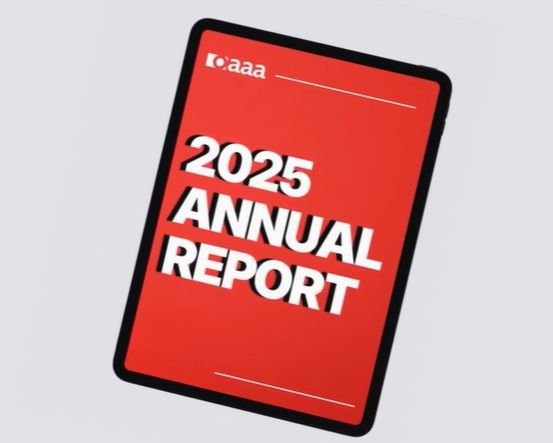
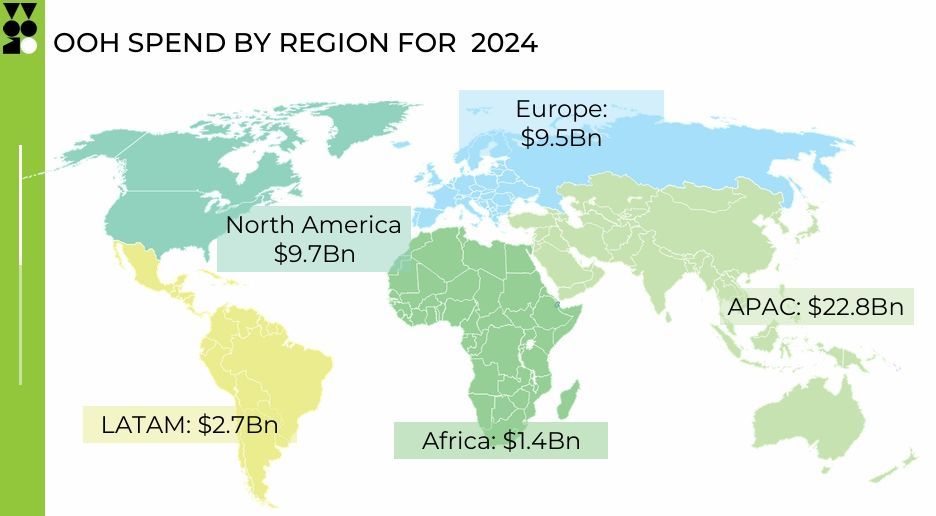
![[신간도서] NEXT OOH](https://cdn.media.bluedot.so/bluedot.oohnews/2025/06/wr0mf3_202506030151.JPG)



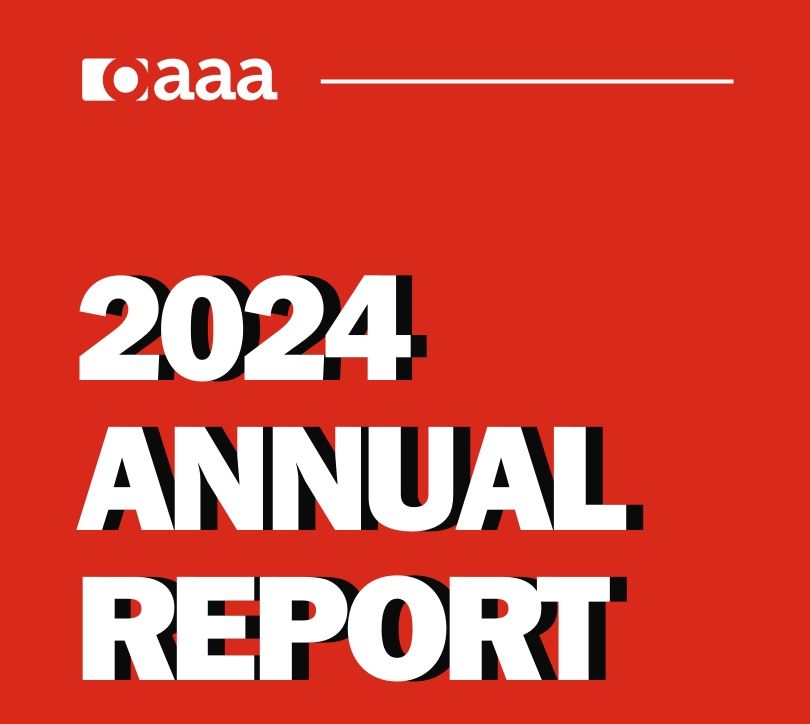
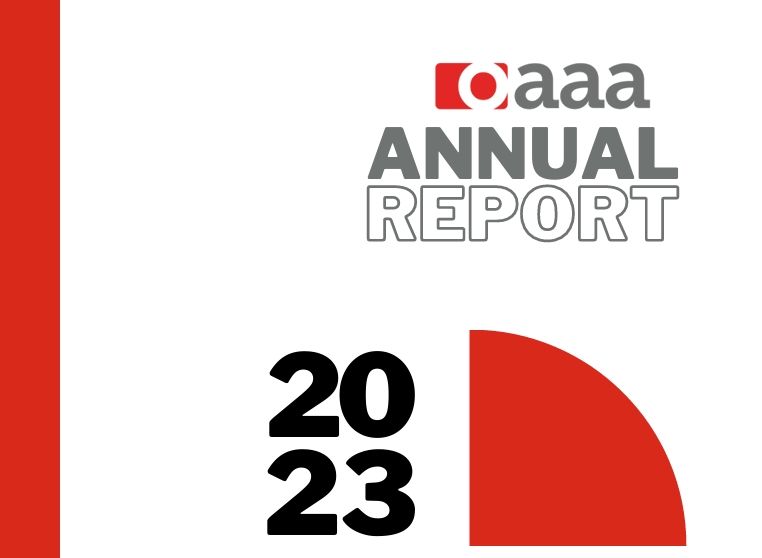
![[미국옥외광고협회] Out of Home Advertising Posts Record Third-Quarter Volume](https://cdn.media.bluedot.so/bluedot.oohnews/2024/11/2doqxb_202411220622.jpg)
